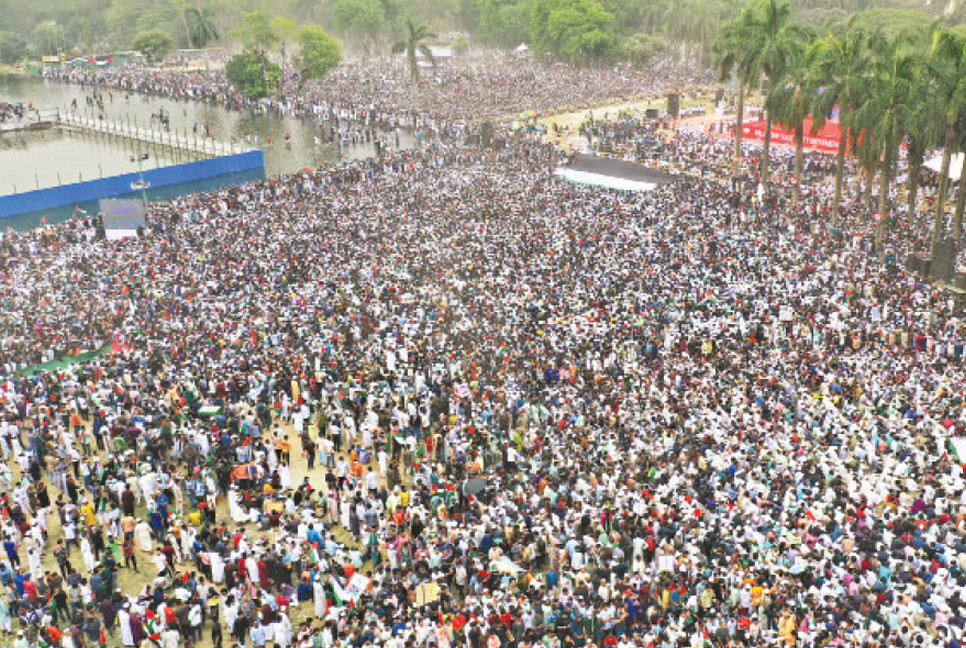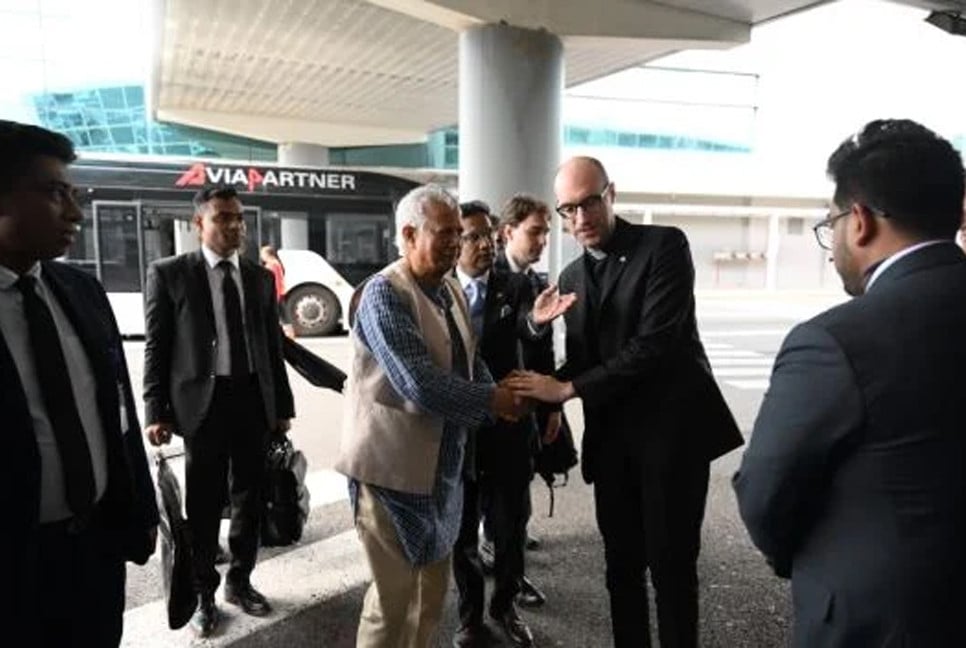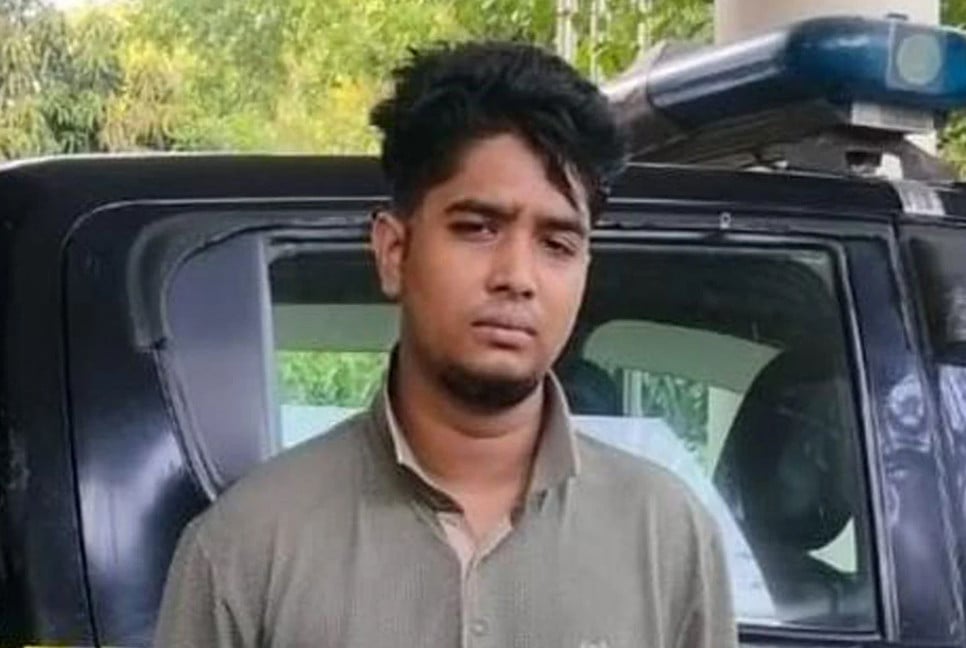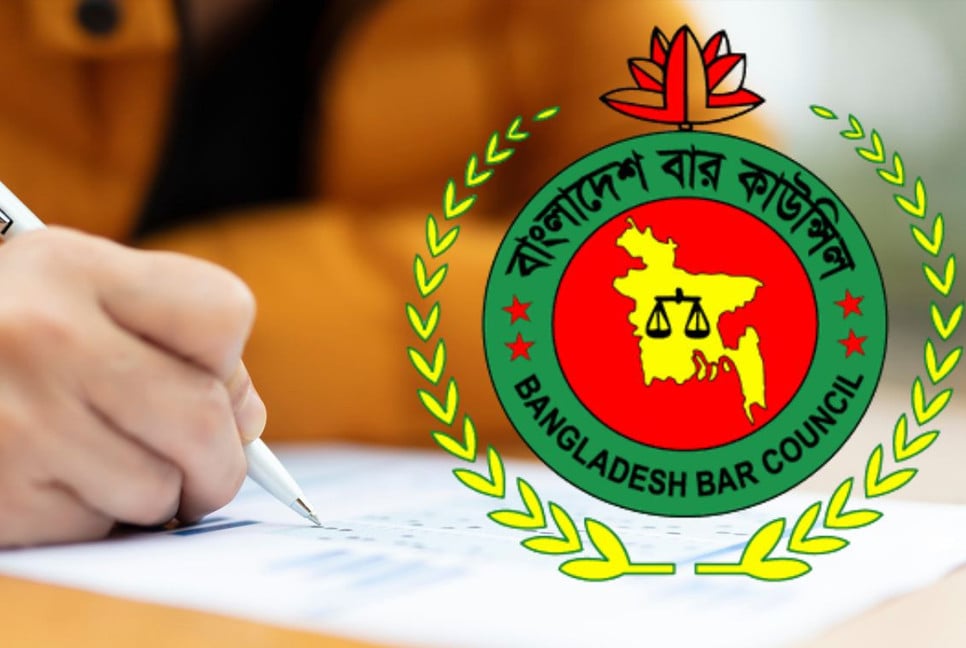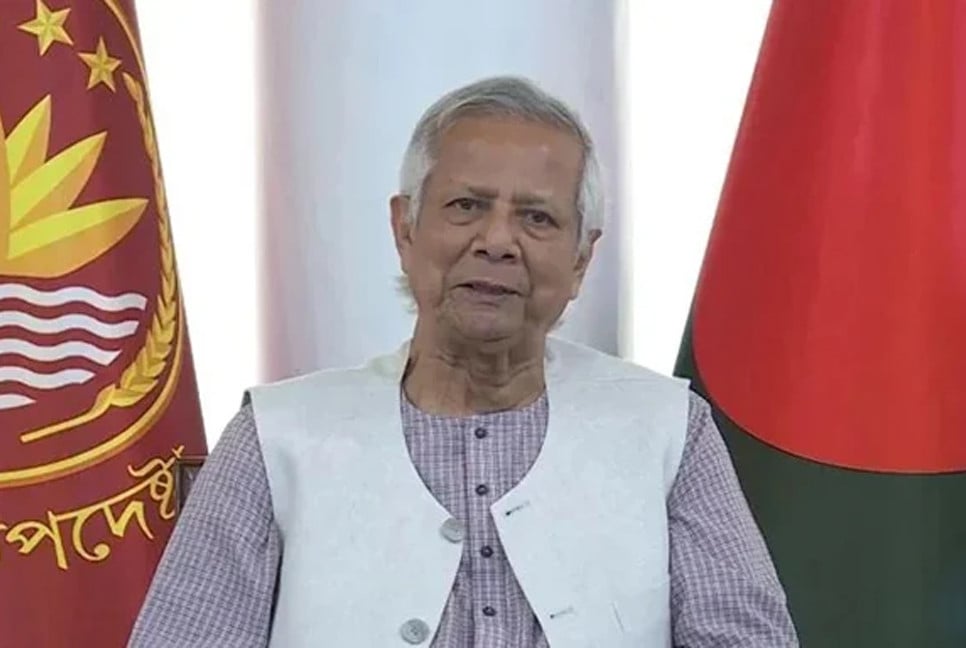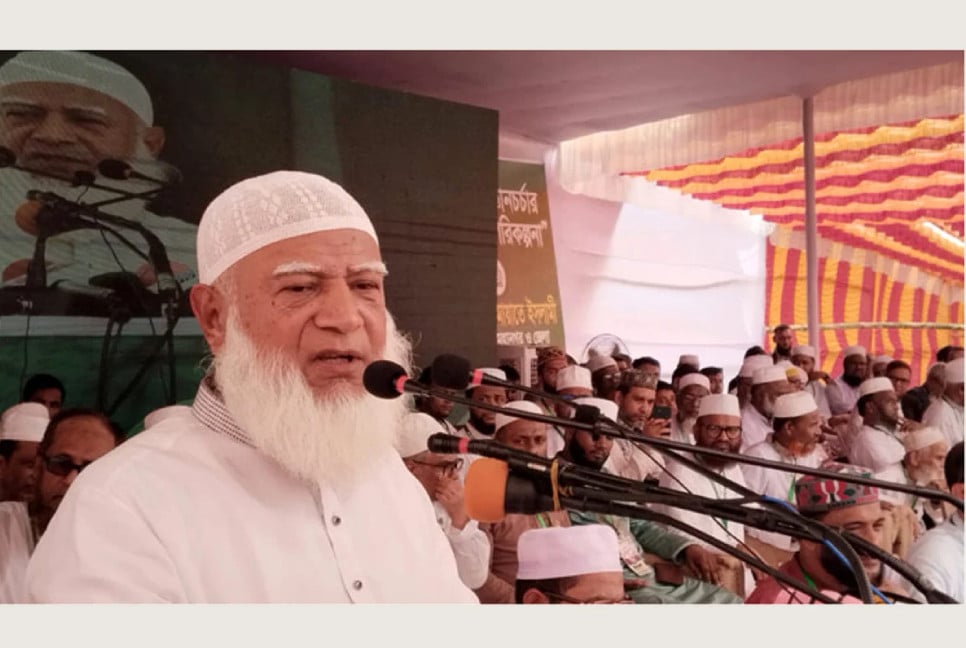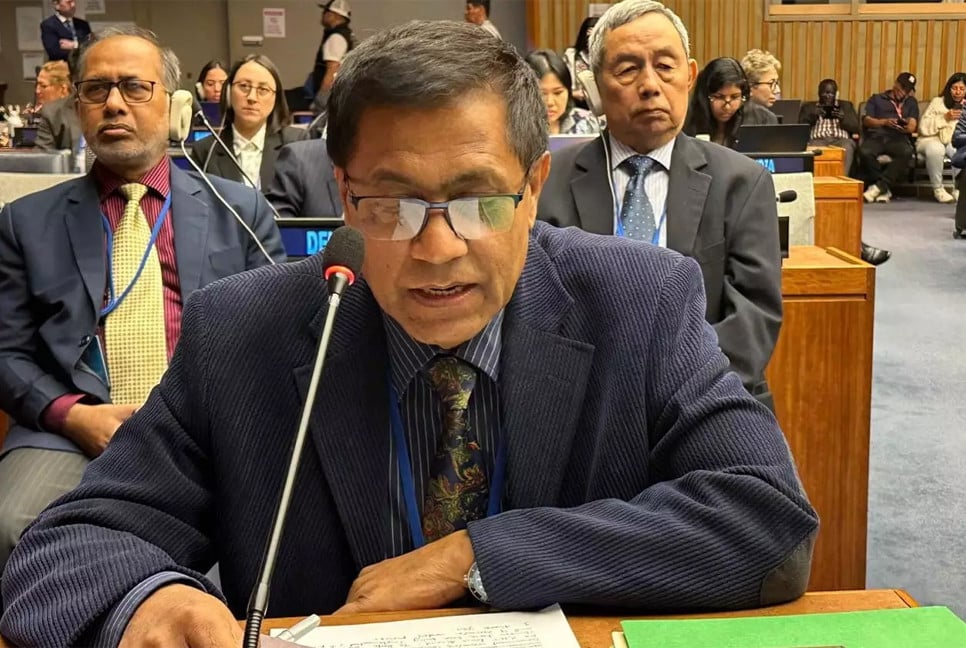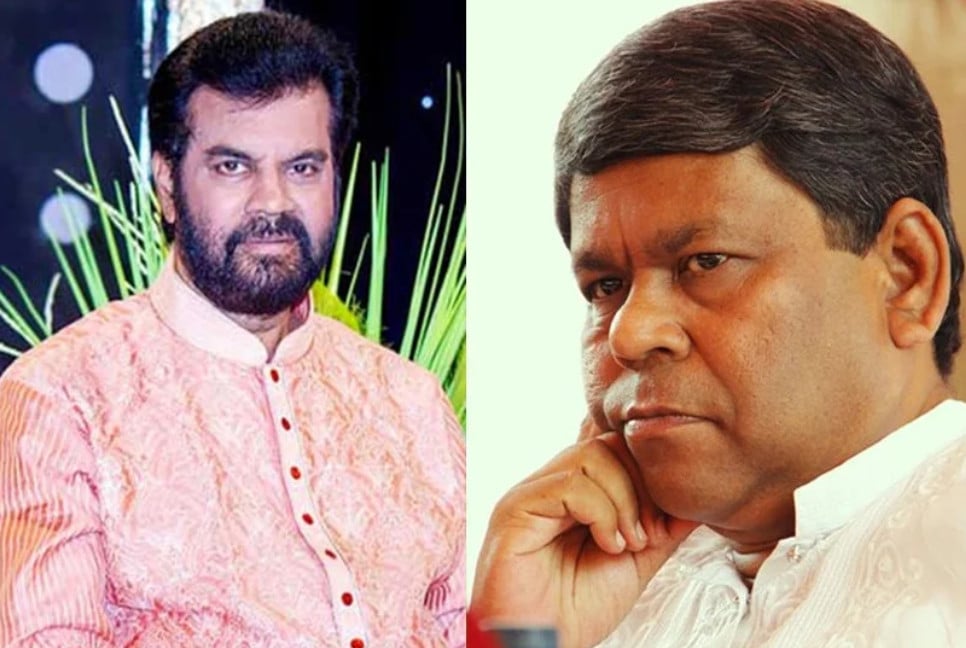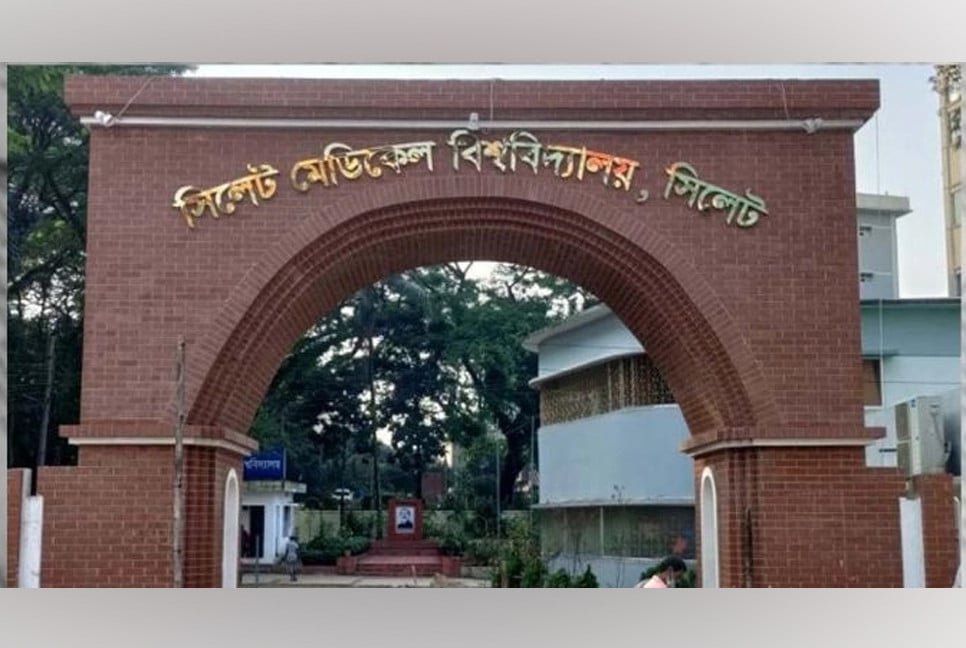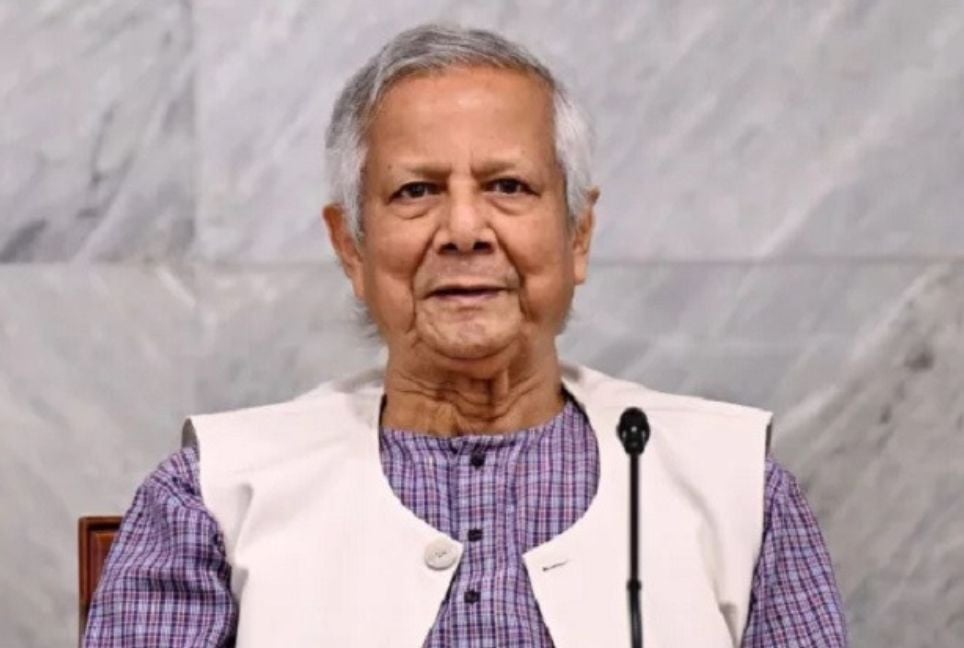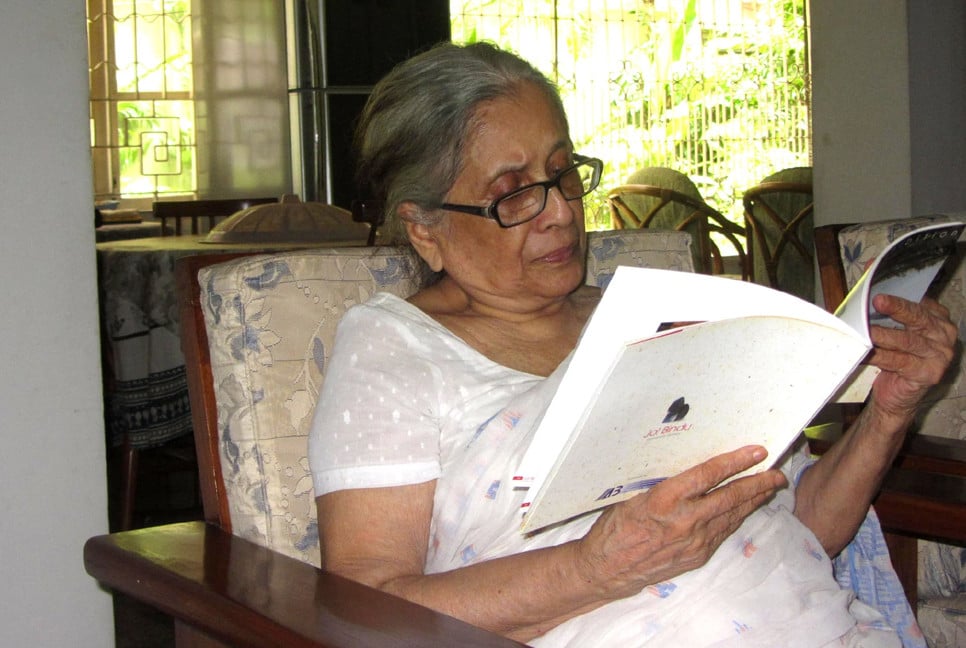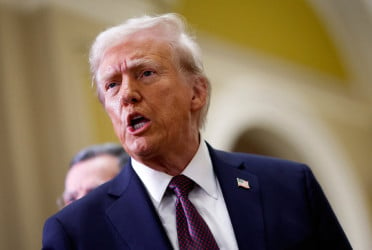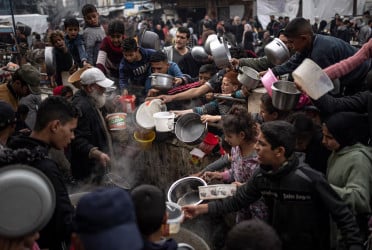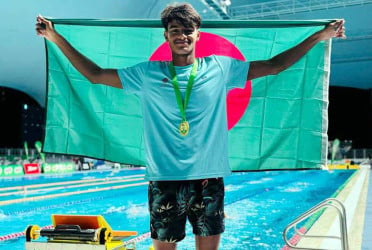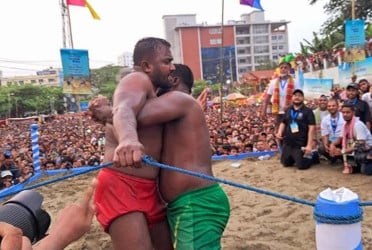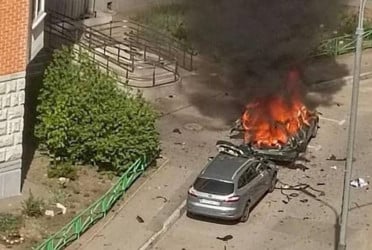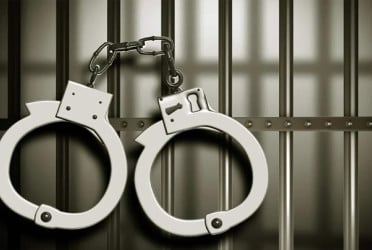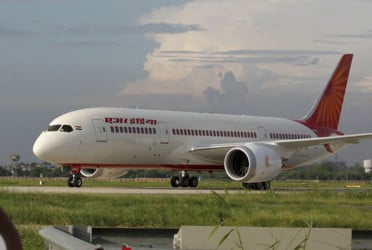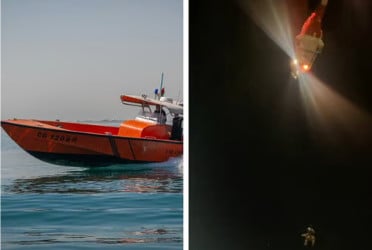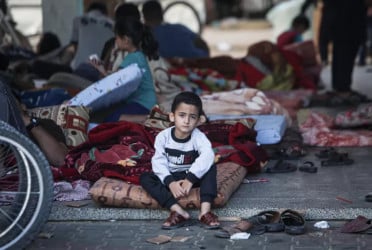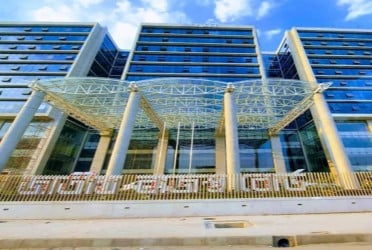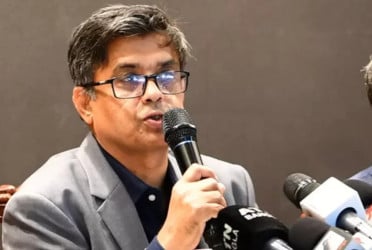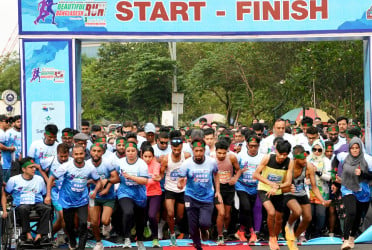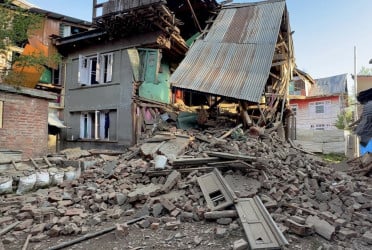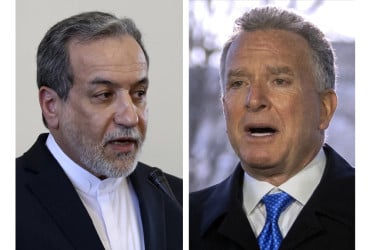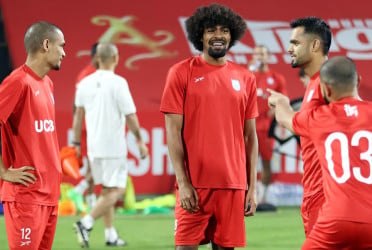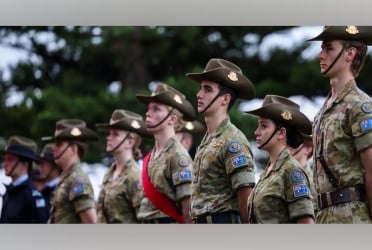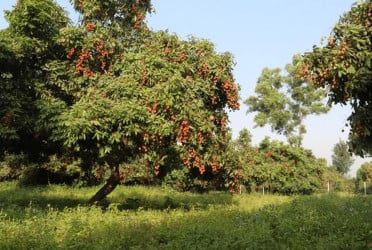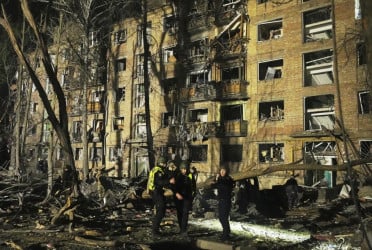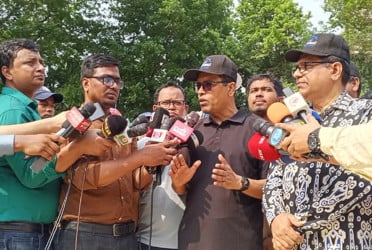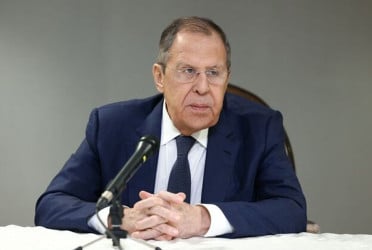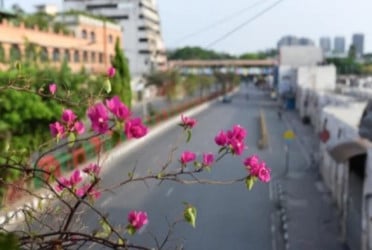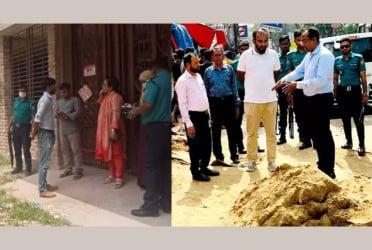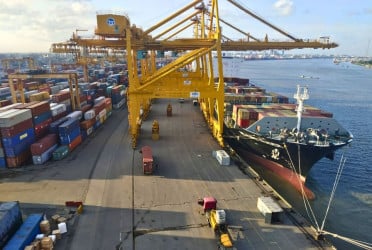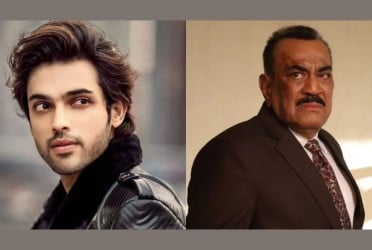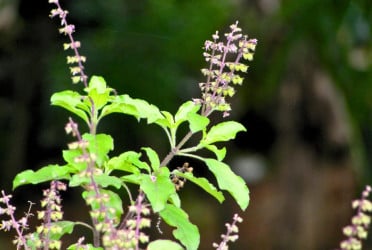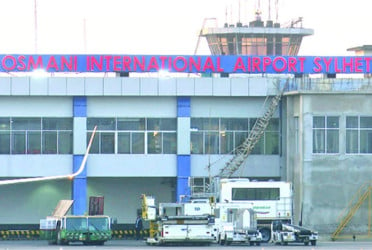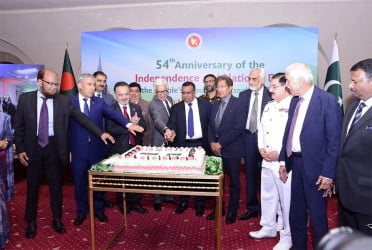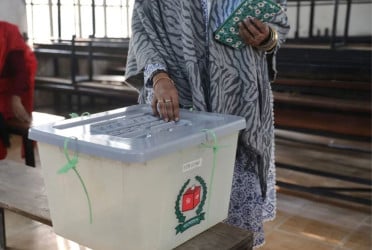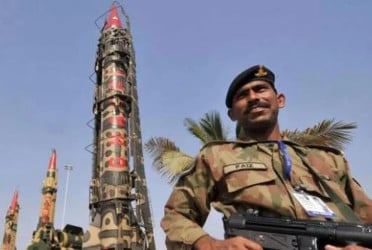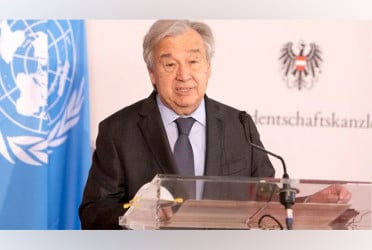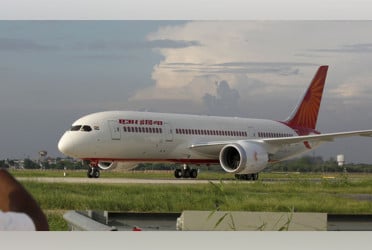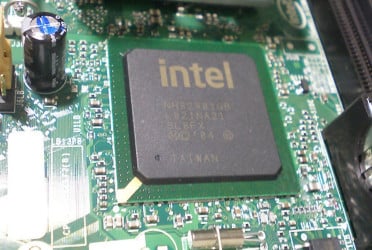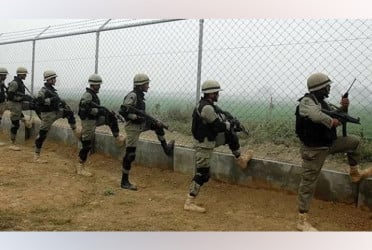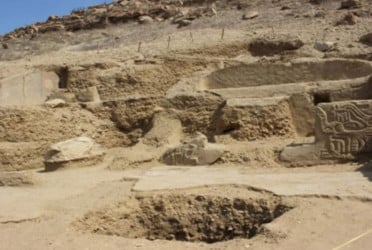In a powerful show of solidarity, tens of thousands of people from all walks of life thronged Suhrawardy Udyan in Dhaka on Saturday (April 12), raising their voices against the ongoing Israeli aggression in Gaza and Rafah.
The crowd, filled with emotion and purpose, chanted in unison, demanding an end to the bloodshed in Palestine and justice for its people.
The rally’s key demands included an immediate end to Israel’s aggression in Gaza, cancellation of all diplomatic, military and trade ties with Israel by Muslim nations, international recognition of East Jerusalem as the capital of Palestine, a return to pre-1967 borders, a boycott of Israeli and pro-Israel products, and prosecution of Israeli leaders for war crimes.
The declaration also urged the Bangladesh government to reinstate the phrase “Except Israel” on passports, cancel any agreements with Israeli institutions, send humanitarian aid to Gaza, and protest the persecution of Muslims in India under the Hindutva regime.
The rally, titled “March for Gaza”, was not just a protest – it was a heartfelt expression of unity, pain, and outrage over the suffering of Palestinians.
From the stage, Mahmudur Rahman, editor of Daily Amar Desh, read out a declaration urging the global community to cancel all agreements and diplomatic ties with Israel.
His voice echoed through the packed ground, calling for immediate international intervention to stop the killings.
Speakers throughout the event called on leaders of the Muslim world to break all economic, military, and diplomatic relations with Israel.
The message was clear: enough is enough. The time for silence is over.
The rally began at 3 pm at Suhrawardy Udyan, drawing a sea of people who came from across Dhaka and beyond. They carried Palestinian and Bangladeshi flags, placards, and banners denouncing Israel’s actions and demanding freedom for Palestine.
The event was presided over by Muhammad Abdul Malek, khatib of Baitul Mukarram National Mosque, and included a special prayer led by Maulana Abdul Malek for the victims in Gaza.
As chants of “Free, Free Palestine” rang out, leaders from various political parties took turns expressing their support.
Mahmudur Rahman, reading the formal declaration, said, “The people of Bangladesh, who know the pain of repression and value the spirit of resistance, have gathered here not just to protest, but to take an oath in support of Palestine. This rally is a message to history – it is a promise.”

The declaration laid out a series of demands directed at the global community, the Muslim world, the Bangladesh government, and its people.
It called for the international recognition of East Jerusalem as the capital of Palestine and demanded that Israel be held accountable for war crimes and genocide at the International Court of Justice.
The declaration also urged world powers to enforce the return of Palestinian land occupied since before 1967 and to ensure the rights of Palestinians to self-determination and sovereignty.
There was also a strong call for Muslim countries and organisations like the OIC to take real action – sever ties with Israel, impose sanctions, and provide full support to the people of Gaza, including medical, food, housing, and defense assistance.
The declaration sharply criticised the indifference of Muslim leaders toward Israeli atrocities and raised concern over rising aggression against Muslims in India, particularly under the current Hindutva regime.
In a pointed message to the Bangladesh government, the declaration demanded the reinstatement of the phrase “Except Israel” on Bangladeshi passports, the cancellation of any existing agreements with Israeli institutions, and a national boycott of products linked to Israel.
It also called for education reforms to include the history of the struggle for Al-Aqsa and Palestine in textbooks.
“We, the people of this land, pledge to boycott every company and force that sustains the Israeli occupation,” the declaration read.
“We will raise a new generation ready to defend their beliefs and land. We will remain united to ensure Bangladesh never becomes the next Gaza.”
The programme began with the screening of a documentary on Israeli violence in Gaza. Islamic scholar Mizanur Rahman Azhari electrified the crowd with slogans such as “Free, Free Palestine,” “One, two, three, four – genocide no more,” and “From the river to the sea, Palestine will be free.”
People poured in from every corner of the capital – Shahbagh, Doel Chattar, Nilkhet, and more. They came in trucks, buses, rickshaws, and on foot. Young and old, men and women, professionals, students, and religious scholars all stood shoulder to shoulder in solidarity. Every hand seemed to wave a flag—either of Bangladesh or Palestine.
Among the attendees were political leaders and activists from BNP, Jamaat-e-Islami, Hefazat-e-Islam, and the National Citizen Party (NCP).
Cultural figures, poets, sportsmen, university students, and social media influencers also joined the protest.
Notable figures included BNP Standing Committee member Salahuddin Ahmed, Jamaat-e-Islami Secretary General Mia Golam Parwar, Hefazat-e-Islam leader Mamunul Haque, NCP Chief Organiser (south) Hasnat Abdullah, BJP Chairman Andaleeve Rahman Partha, and Dhaka University Vice Chancellor Prof Niaz Ahmed Khan.
Mizanur Rahman Azhari summed up the collective emotion when he said, “Today’s March for Gaza proves that Palestine lives in each of our hearts. We may be far from them geographically, but we are with them in soul and spirit.”
By noon, Suhrawardy Udyan was overflowing. Many had arrived hours earlier, some even riding atop train carriages to reach the rally.
The roads around Shahbagh, Kataban, Doyel Chattar, and Matsya Bhaban were at a standstill. Security was tight, with the army and police deployed across key areas to maintain order.
Despite the sweltering heat, organisers ensured that drinking water, masks, and tissues were distributed freely.
They requested that participants avoid political symbols and instead wave only the flags of Bangladesh and Palestine.
The 95-acre venue was vibrant with slogans, festoons, and banners. The air buzzed with cries of “Naraye Takbir, Allahu Akbar,” “Filistin Zindabad,” and “From the river to the sea, Filistin will be free.” A 70-foot Palestinian flag waved above the sea of people, many of whom wore the iconic keffiyeh scarf—a symbol of Palestinian identity and resistance.
Even as the event reached its formal conclusion around 4:30pm with a final prayer by Mufti Abdul Malek, people were still pouring in. Some climbed trees just to catch a glimpse of the historic gathering.
Rafiqul Islam, who arrived with five friends from Dhanmondi, summed up the shared feeling: “We know we can’t stop the war in Gaza, but by being here, we are showing that we care, that we stand with them."
Bd-Pratidin English/ARK

